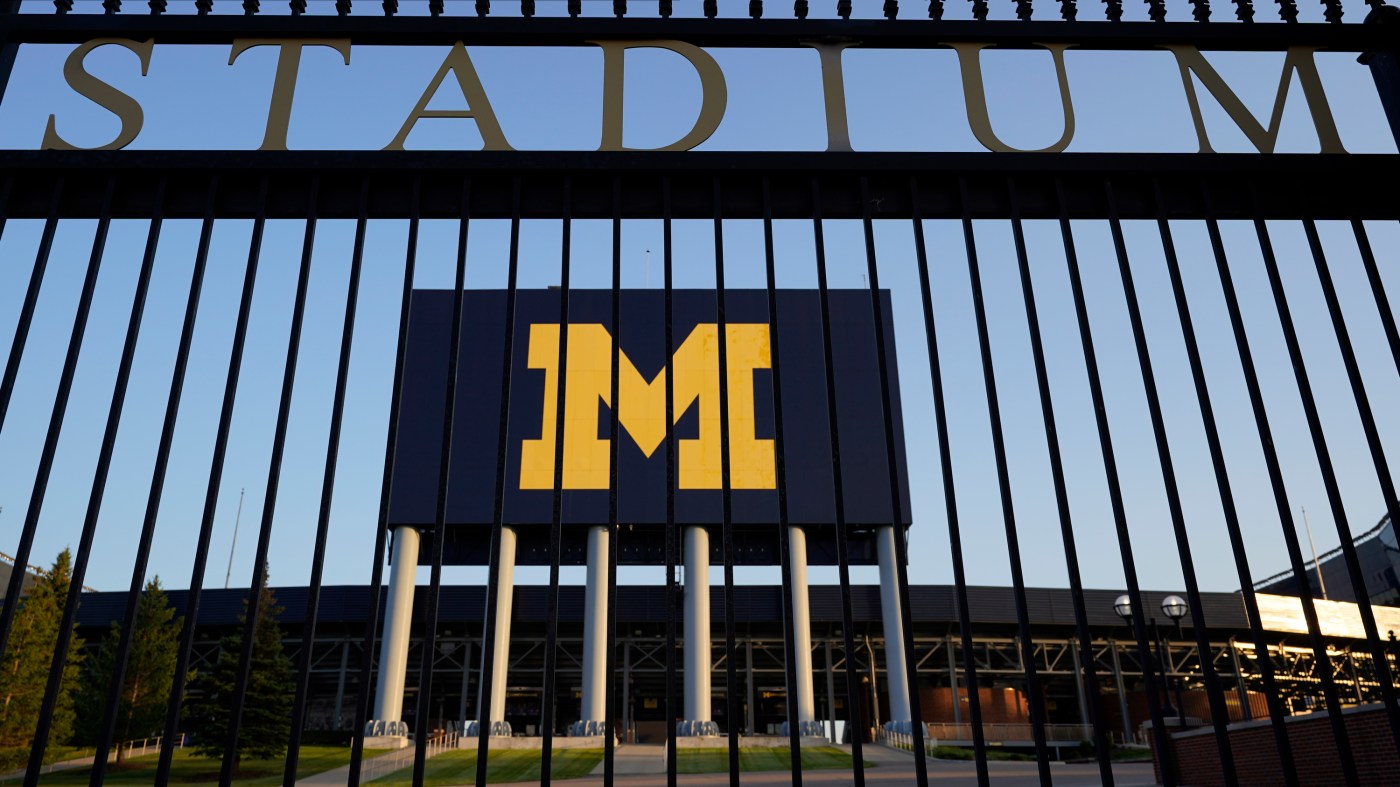URGENT UPDATE: New insights reveal the truth behind who reviews college applications at America’s elite universities, dispelling long-held myths about admissions practices.
Every fall, countless high school seniors and their anxious parents envision admissions offices as secretive enclaves where alumni zealots control access to prestigious schools like Harvard and Stanford. However, recent findings confirm that these assumptions are misguided. The reality is far less conspiratorial and more professional, with trained admissions officers from diverse backgrounds evaluating thousands of applications annually.
At Harvard University, approximately 40 people serve on its Admissions Committee. Applications are first assessed by regional officers who specialize in different areas before being discussed in subcommittees of five to eight members. This process aims to ensure fairness and thoroughness, rather than perpetuating an old boys’ network.
Similarly, Stanford University follows a detailed review process, where every application is read at least once, often twice, before a decision committee deliberates on academic performance, leadership qualities, and the essential aspect of “fit.”
Yale University further emphasizes transparency, stating that each admission decision is made by a five-person committee that includes three admissions officers, a faculty member, and a dean. Their podcast, “Inside the Yale Admissions Office,” highlights that no single individual determines a candidate’s fate.
Public universities like the University of Michigan and University of Illinois Urbana-Champaign echo this narrative. Their admissions processes are described as comprehensive and individualized, with each application being reviewed holistically. At the University of Virginia, officials confirm that every decision is made by humans, not algorithms.
So why does the myth persist? The allure of a simpler narrative resonates in a world filled with elite connections and insider knowledge. Alumni interviewers, often seen as the face of the admissions process, reinforce this notion. Yet, their role is advisory, not authoritative.
The modern admissions office operates like a professional bureaucracy, driven by data, deadlines, and a commitment to finding promising candidates. Admissions officers, who read hundreds of essays a week, focus on identifying intellectual curiosity, character, and coherence in applications rather than merely looking for prestigious college badges.
This revelation should bring relief to prospective students: your application will be evaluated by professionals who prioritize your unique story over mere affiliations. Admissions officers balance merit with institutional needs, considering factors like geography, diversity, and intended major.
As students prepare to hit “submit,” it’s crucial to understand that admissions committees are not gatekeepers but analysts dedicated to uncovering potential within a sea of applications.
When you hear claims that “Harvard only hires Harvard grads,” remember that this rumor is outdated. The truth is a testament to the professionalization of admissions processes, characterized by holistic reviews and diligent work.
This new perspective is essential for students navigating the complex college admissions landscape, ensuring that they focus on presenting their best selves rather than worrying about mythical barriers.
